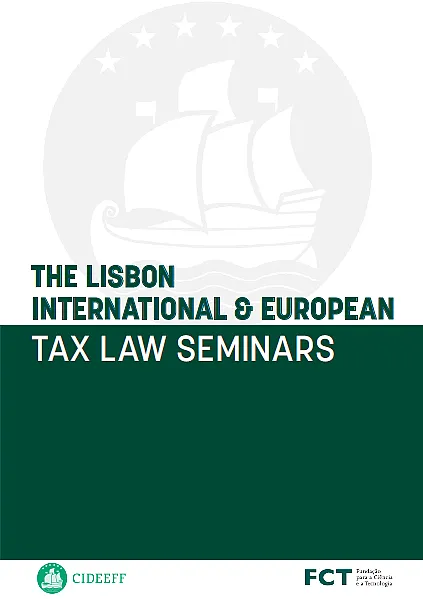Comparing deemed supplier regimes: e-commerce and short-term rental/passenger transport platforms in the EU VAT system

The number of transactions made through digital platforms is constantly growing and intensive legislative work is underway around the world to include them in the VAT collection process. The paper concentrates on the concept of a “deemed supplier” as the most far-reaching legislative solution imposing the responsibility on platforms for VAT collection. Under this concept, in legally defined circumstances, platforms would be responsible for charging and collecting VAT also on the transactions they facilitate (underlying transactions).
Currently, there are two models of deemed supplier designed for platforms in the European VAT system: (i) the model regulated in article 9a of Regulation 282/2011 (referring to platforms providing, in their own name but on behalf of the provider, electronically supplied services), and (ii) the model regulated in article 14a of the VAT Directive (referring to platforms facilitating some supply of goods). However, the European Commission is planning to introduce the new deemed supplier regime to the VAT Directive (article 28a of the VAT Directive, if the changes come into force). Under the new rules, platforms in short-term rental and passenger transport sectors will become responsible for collecting and
remitting VAT to tax authorities when their users are not treated as taxable persons for VAT purposes.
The article discusses and compares the two latest models of deemed supplier in the European VAT system, i.e., a model for e-commerce platforms and a model for short-term rental and passenger transport sectors platforms. Although the mechanism of operation of these models is basically the same, they differ in many aspects, as they are designed to achieve different goals. Properly designed deemed supplier regimes seem to be an effective solution, but the new rules should not only ensure fair competition with traditional business but should also allow platforms to continue to grow in the EU.
Recent Publications


